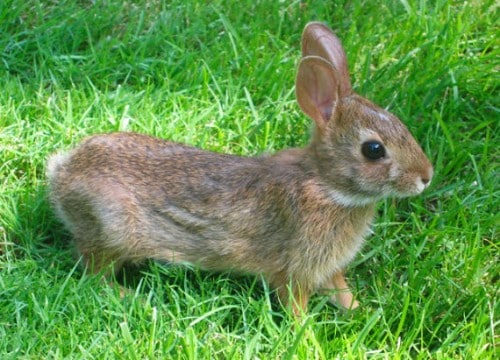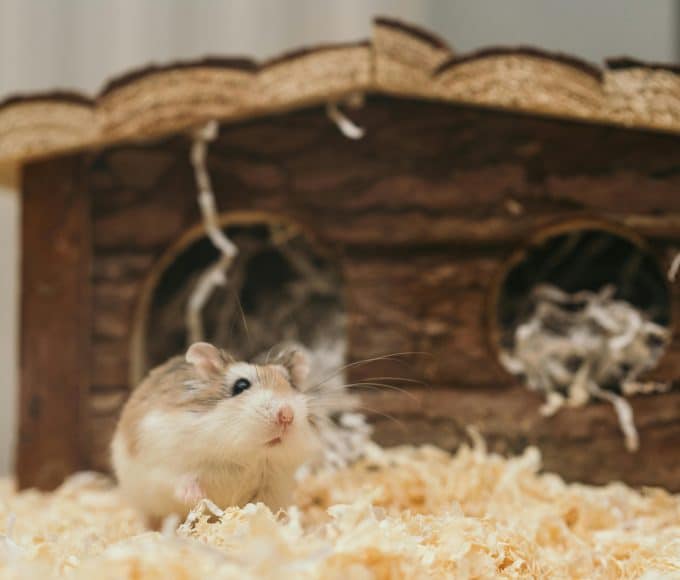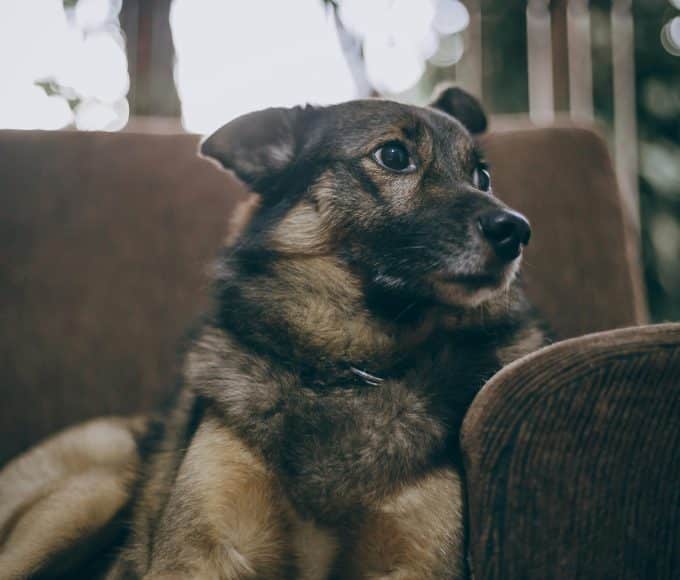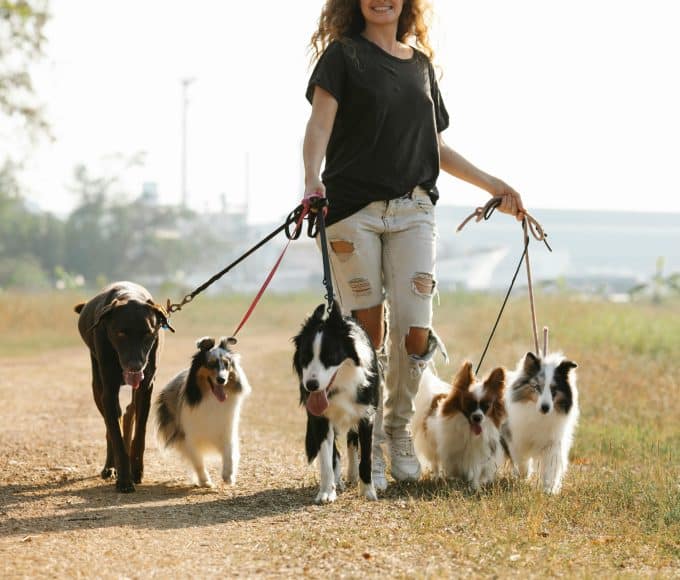From animals out in the wild in their natural habitats to those we keep as pets at home, many animals need functioning eyesight in order to avoid being hunted, spot that meal from a mile off and see their environment around them.
We take a look at some common animals and their eyesight, comparing it to that of a human.
Rabbits
Incredibly, over half the world’s population of rabbits live in North America but they are found all over the world; from the hot climate in South America to the hills in Scotland.
Rabbits can see color; but there color vision is nowhere near as developed as us humans. They can see colors of green and blue well, but not others so clearly as we can.
The element of rabbits’ eyesight that is impressive is their ability to easily detect predators creeping up on them – and from almost any direction. A sneaky snake in the grass is likely to be detected before it even has the chance to advance on the rabbit.

The rabbits’ eyes are placed high up and to the side of their heads. This helps them see almost 360° around them and they can also see above them, making that swooping eagle’s ability to grab them unnoticed rather difficult.
The downside of a rabbit’s eyesight however is the blind spot which is located right in the front of their eyes; however their large ears and incredibly sensitive nostrils make up for this.
Deer
The deer is a delicate and beautiful creature which is often seen amongst tundra and snowy landscapes across the world. Often active at night, deer are often sadly injured or killed in accidents involving cars when they get startled by headlights.

Deer have a tapetum lucidum which is the layer of tissue at the back of the eye which reflects light entering the eye and illuminates it, allowing them to see clearly at night. Deer get startled by headlights as they assess the threat of the lights, and in doing so don’t move out of the way in order to do so. Many years ago, if deer were faced with an unknown threat they would freeze on the spot and assess the threat – usually of a predator. Now, with the threat of the car itself many deer will stop to assess the threat and in doing so freeze on the spot – with disastrous consequences.
Whilst deer have large eyes, their eyesight isn’t great and they don’t have the ability to se sharp images. However, they do have near-360° vision and they have large horizontal pupils. They also cannot see in color but will detect blaze such as fire as it is a contrast to the background of the forest.
Amy writes about eyesight for Direct Sight, a leading provider of online specatcles helping you buy glasses online.















